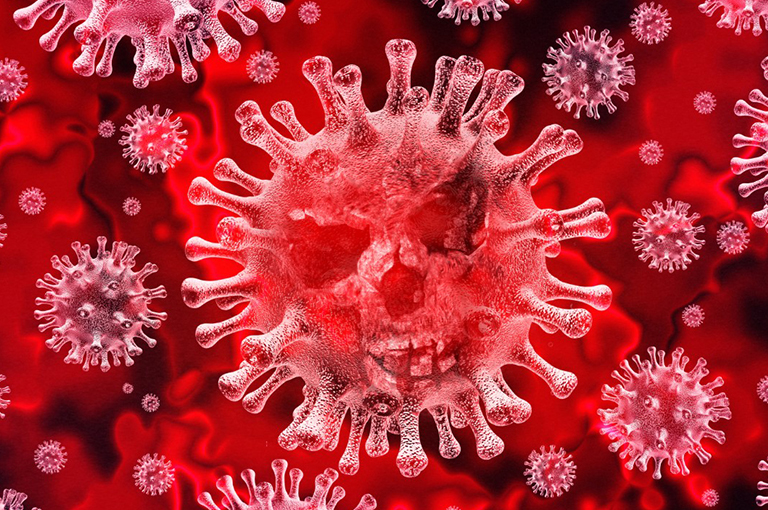What is the relationship between oral health and coronavirus? Understand it

Amid the spread of coronavirus, as health care providers during a pandemic, dentists must continue with pain relief and treatment of patients' infection in order to keep them out of hospitals and emergency departments. Or even a second order from the dental board or the government.
Is oral hygiene necessary to fight the coronavirus?
Coronavirus infects cells in the airways and lungs, unlike flu viruses that start with the nose and throat. In addition to tiny particles inhaled in the air, the coronavirus reaches these cells through fluid in the nose or throat that passes through your throat (this is called aspiration) and slides down the windpipe. Keeping your mouth and throat free of infectious pathogens throughout the day and before going to sleep at night (when the greatest aspiration usually occurs) is critical now.
What oral hygiene measures can I take to reduce my personal exposure to coronavirus?
- Oral Hygiene:
Brush your teeth and floss, clean your tongue, rinse, and gargle twice with an antiseptic mouthwash. As a virus is vulnerable to oxidation, it is recommended to rinse mouthwash containing oxidizing agents with hydrogen peroxide. There are known brands with this formulation
- General Hygiene:
Stop touching your face. The eyes, nose and mouth are all gateways to the new corona virus and many other germs. Wash your hands and face thoroughly with soap and warm water, including - with a finger - a quarter inch in each nostril. Then, blow your nose gently. DO NOT use irrigation devices, which can force the virus to enter more! Soap helps to lift germs off the skin's surface, but it is washing that takes germs out of your hands. Hand sanitizer is a good alternative, but it must have at least 70% alcohol to be effective.
Keep your distance from people who breathe close to you, avoid indoor meetings and stay a few meters away from people, even when outdoors.
What precautions should the dental office take to prevent the infection from spreading?
As a dental practice, working closely with patients over so many years, Dr. Bruno Puglisi says he developed intensified measures for sterilization and disinfection. Infection control procedures are actions taken in healthcare facilities to prevent the spread of disease.
The Centers for Disease Control and Prevention have recommendations for infection control in dental offices. Concerning your safety and working hard to prevent the infection from spreading. Before entering the service room, all surfaces, such as a dental chair, light reflector, drawer handles and countertops, must be cleaned and disinfected. Cover equipment, which must be replaced after each patient.
Non-disposable items, such as instruments, must be cleaned and sterilized between patients. Infection control precautions also require that all dental staff involved in patient care wear appropriate protective equipment, such as gloves, masks, disposable aprons and glasses. After each patient, disposable gloves and masks and lab coats must be thrown away. Before attending the next patient, everyone on the treatment team has to wash their hands and put on new gloves.
From the reception to the service, alcohol gel should be made available to patients and attendants, even if it is to be used in pens, doorknobs and everything around
What extra precautions should be taken during this period?
The current situation calls for some extra precautions and protocols to disinfect our practice:
- Increased screening for possible patients with COVID-19;
- Increased intervals between consultations and patients to minimize cross-infection;
- Mouthwash before dental procedures;
- Isolation of the rubber dam for treatments and suction, vacuum pump suction;
- Effective and rigorous disinfection measures.
If you have any doubts about going to your dental appointment, stay at home. If you are ill or have any symptoms of cold or flu, reschedule your appointment 14 days after the symptoms subside. Also, if you have traveled abroad in the past 14 days, call to reschedule your dental appointment.
Source: IG Saúde. Available at: https://saude.ig.com.br/colunas/bruno-puglisi-odontologia/2020-03-20/qual-a-relacao-entre-saude-bucal-e-coronavirus-entenda.html. Access on: 04/13/2020.
